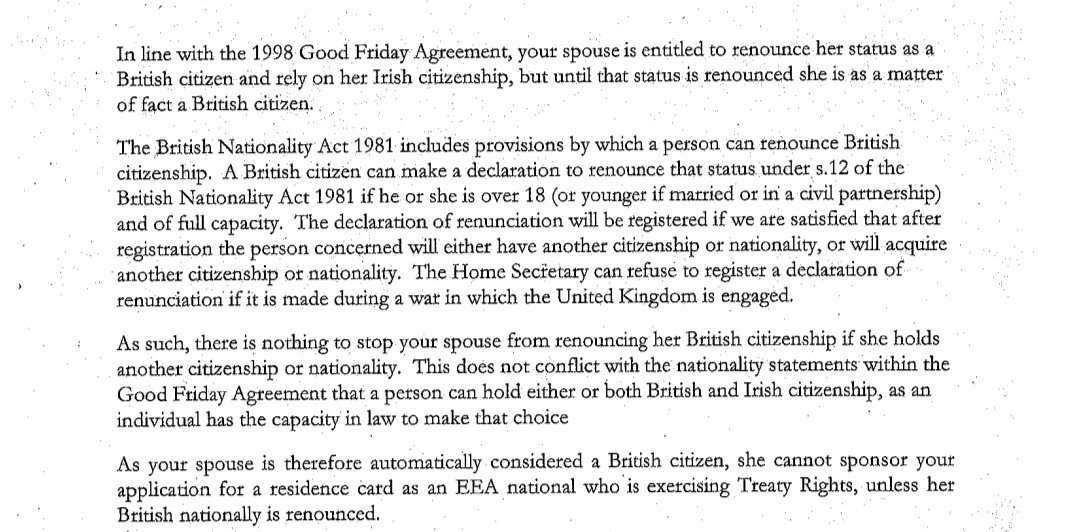1/
2/
4/


5/
6/
7/
There is a consequence if elements of the negotiation aren't concluded by the end of the transition period
8/
However, post-transition, it means the equivalent of 'no-deal'
9/
10/
The difference is that there's a lot more ground to be covered, a lot less time, and rather less agreement about what's desired
11/
That means cases to international courts, which will be both much slower than CJEU referral and with less power to apply penalties
12/
/end




